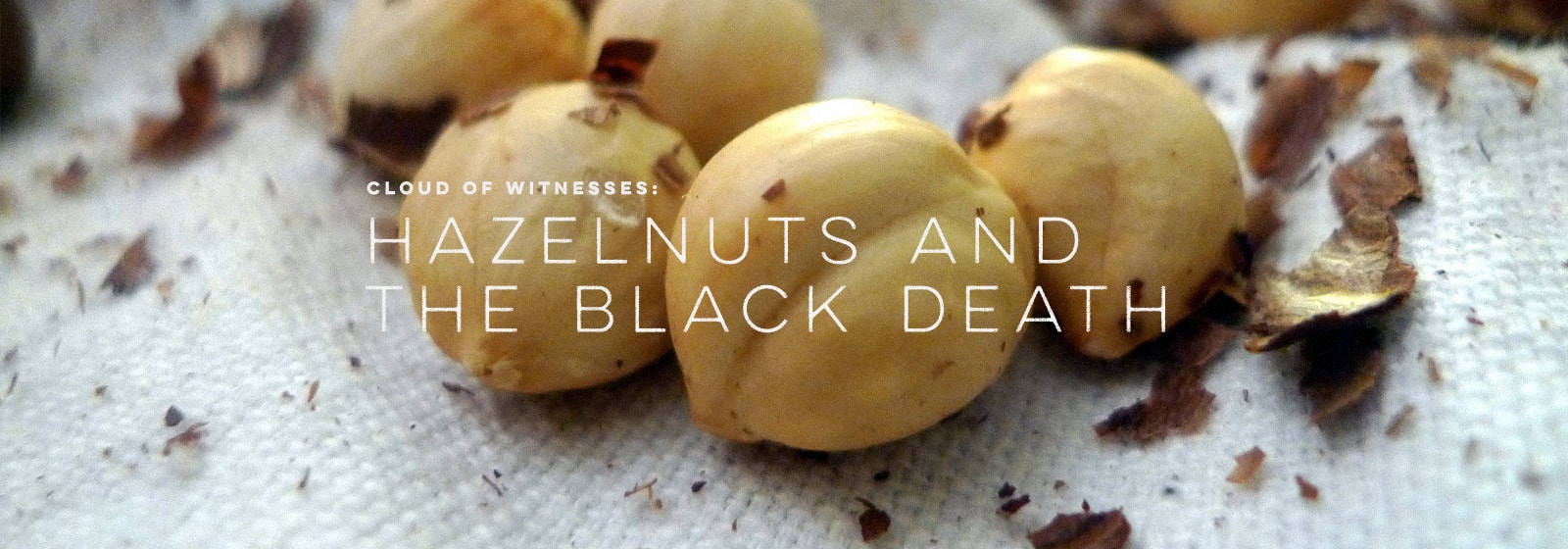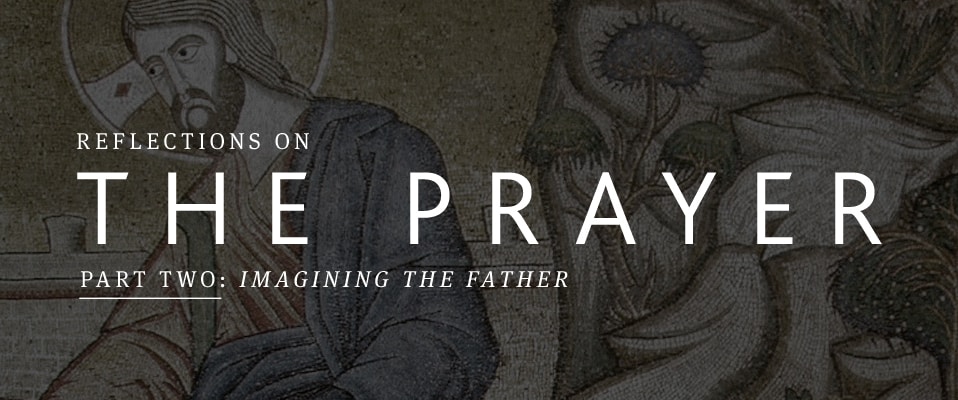In the second half of the fourteenth century, the Black plague was sweeping across Europe. Before it was through it would wipe out between 30 and 60 percent of the population. In the English city of Norwich lived a woman named Julian, who today is regarded as one of the most important Christian mystics. We know very little of her life other than she was born in the year 1342 and her name was not actually Julian.
See, Julian was an anchoress – a type of religious hermit who withdrew from secular society. Unlike a hermit, however, she made a vow of stability. Many anchorites and anchoresses lived in tiny cells attached to churches, and such was the case for Julian. She lived in a very small cell attached to the church of St. Julian. It’s for this reason that history has referred to her as Julian of Norwich.
Julian wrote what is widely considered to be the first surviving book in English by a woman: The Showings of the Divine Love. She wrote it in 1373 immediately following a severe illness that almost took her life. The book recounts her illness and a series of visions she had while ill. Nevertheless, it’s not her literary accomplishment for which she is remembered as a model of faith. It’s the content of her writing. In The Showings she recounts how, when she was young, she desired three graces by the gift of God: to have a recollection of Jesus’ suffering and death; to have a bodily sickness; to receive three wounds: “the wound of contrition, the wound of compassion and the wound of longing with my will for God.”
Her desire for these gifts is essentially a longing to more fully grasp the depth of Christ’s suffering, so that she might suffer with him as others did who loved him.
When she was thirty years old, she tells that God sent her the bodily sickness which she so desired. It was in the midst of this grave illness, that she describes a series of visions that God gave to her. Perhaps the most famous of these visions centers around a hazelnut.
In her vision, God showed her something in the palm of her hand, no bigger than a hazelnut and round as any ball. She wondered what it could be and then came the answer: “It is everything which is made.” She was amazed, because she thought that it was so small it could easily fall into nothing. Then came another word: “It lasts because God loves it; and thus everything has being through the love of God.” She remarks that she noticed that it had three properties: “The first is that God made it, the second is that he loves it, the third is that God preserves it.”
Perhaps more than anyone in history, we are a people who need to hear her words about the superiority and sufficiency of Christ over created things.
In the midst of the vision, she realizes that what God is trying to teach her is that love and rest and happiness cannot be found in created things. Certainly they are good gifts in that God creates them and sustains them, but they are not ultimate. Julian realizes that she will never know rest or love or true happiness as long as created things come between her and God:
Every man and woman who wishes to live contemplatively needs to know of this, so that it may be pleasing to them to despise as nothing everything created, so as to have the love of uncreated God…those who deliberately occupy themselves with earthly business, constantly seeking worldly well-being, have not God’s rest in their hearts and souls; for they love and seek their rest in this thing which is so little and in which there is no rest, and do not know God who is almighty, all wise and all good, for he is true rest.
Now, we could easily dismiss Julian as being a product of a simpler time and place. However, to do so would be a grave mistake, because her words ring as true today as they did then.
Perhaps more than anyone in history, we are a people who need to hear her words about the superiority and sufficiency of Christ over created things. We are a people who pine for love and rest and true happiness. We spend our lives and our fortunes in pursuit of these things. But what Julian offers is a total recalibration of our longings and desires. Love and rest and happiness will not ever be found in something so small and insignificant as created things, but only in God himself.
It’s for this reason, as the writer of the Hebrews says, that we must look to Jesus, the founder and perfecter of our faith. In the end, the promises of this world will leave us empty and disappointed. The only thing that will satisfy our deepest longings is a better country; a heavenly country. And we remember Julian not because of her earthly accomplishments, but because of a life that manifested itself in exactly that sort of faith.




